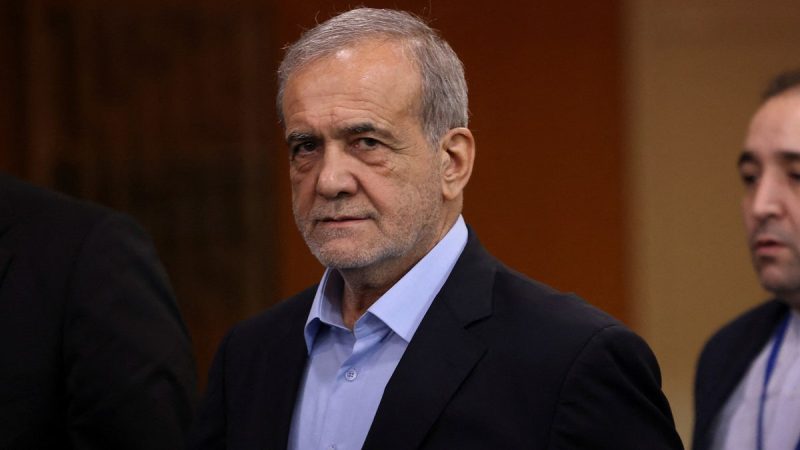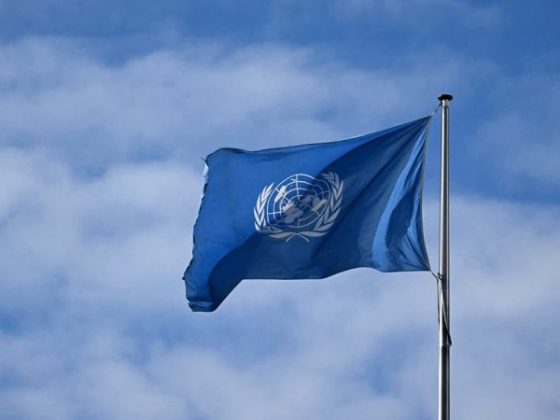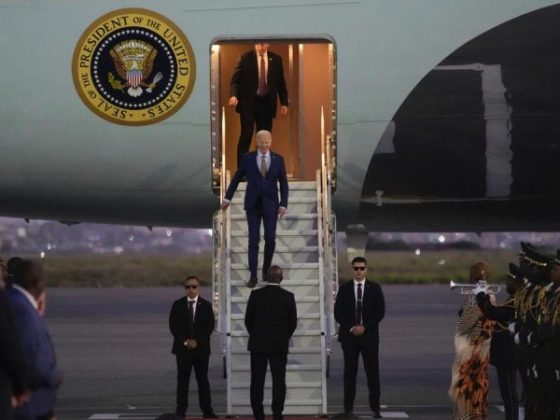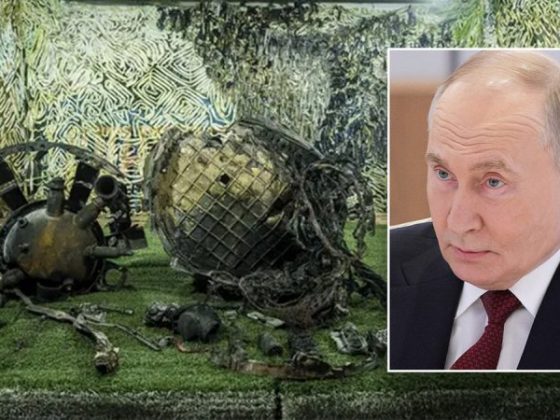Iran has sent a strong word of caution to Israel, warning it of a ‘decisive response’ if its ‘red lines’ in the region are crossed. This happened in the wake of escalating tensions between the two countries, which have been long-term adversaries in the geopolitical landscape.
Behrouz Kamalvandi, spokesperson of the Atomic Energy Organisation of Iran (AEOI), stated that Iran will retaliate in case of any aggressive actions taken by Israel. He emphasized, If the Zionist regime makes a mistake against Iran, we will give it a decisive response. The regime knows our response will be crushing and serious.
This warning comes at a time when the relationship between Iran and Israel is characterised by increased hostility and suspicion. The phrase ‘red lines’ in this context refers to any hostile action, whether direct or indirect, that jeopardizes Iran’s security and sovereignty. It clearly outlines the threshold beyond which Iran will consider itself under an attack of aggression, necessitating a robust response.
Key to understanding this warning is the Iran-Israel relationship, marked by deep animosity that has heightened since the inception of the Israeli state. Iran doesn’t recognize Israel as a legitimate state and offers support to several Palestinian and Lebanese militant groups fighting against it. Israel, on the other hand, has expressed serious concerns about Iran’s nuclear programs, stating the potential threat it might pose to its national security.
The ‘decisive response’ indicates Iran’s willingness to fiercely defend its interests. Analysts believe that Iran possesses a broad range of tools to retaliate in case of an attack from Israel, from cyber capabilities to the use of proxy forces across the region. While it’s not clear as to what might stir a response from Iran, the rhetoric and quasi-threats from both sides create a climate ripe for miscalculation.
While Iran has sent a clear message with its stern warning, it raises questions about what constitutes crossing ‘red lines’, and whether the threats from both sides will escalate into more than rhetoric. The contours of this ‘red line’ are blurred, which potentially adds layers of complexity to an already strained relationship between the two countries.
The warning also coincides with international negotiations about Iran’s nuclear programme, which Israel has called a threat to its survival. In contrast, Iran maintains its atomic program is for peaceful purposes, and the world powers, including the United States, are in a diplomatic struggle to curtail Iran’s nuclear capabilities.
This warning from Iran is a reflection of the deep-seated distrust and fierce competition between Iran and Israel. As the geopolitical landscape continues to fluctuate with changing alliances and strategic interests, it remains to see how Israel responds to Iran’s warning and how this ongoing saga will impact the stability of the Middle East – a region already fraught with conflicts and strife.
In summary, Iran’s stern warning to Israel of a decisive response is a signal of the volatility and deep-seated tension in the Middle East. As Iran sets its ‘red lines’ and warns of a robust response, the world waits anxiously to see the unfolding dynamics in this high-stake regional chess game.











